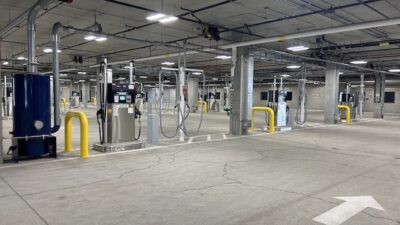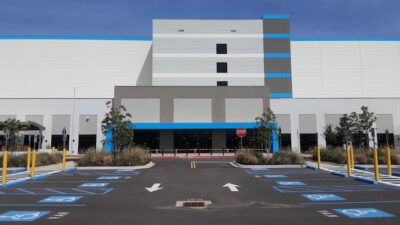Mechanical, electrical, plumbing, and fire protection engineering (MEP/FP) firms should consider adding a “T” for technology into the jumble of acronyms.
In my early years in media, I worked for a magazine that featured Sir Tim Berners-Lee, the father of the World Wide Web. An issue highlighted him as the Scientist of the Year and included an article about his Hypertext Transfer Protocol. His enlightened goal was to be able to share and update information among researchers. That was nearly 30 years ago, and as the very unrelated cigarette ads say, “You’ve come a long way, baby.”
The web and its tools have morphed into something he could have barely imagined:
- Video calling services that allow the world to see people’s kids toddle into the frame uninvited.
- Google’s search engine, and its browser Chrome, used by some two-thirds of all web users.
- Facebook and its pervasive storylines.
- A watch that doesn’t tell time but tells you everything you need to know about your email, the news, that annoying text message, and what your heart rate is.
- Social media tools that have changed governments via their broad communication capacity.
- The ability to track your home’s lights, thermostat, and other internet-enabled devices.
- Data collection about you, your buying habits, what websites you’ve visited, and every search term you’ve ever looked up.
Some might consider all this to be noise, while others consider the data fascinating. Data mining, analytics, statistics—call it what you want, but the amount of information is not going to slow down. It’s going to speed up, and if you and your firm aren’t using it correctly (or at all), you’re going to be left behind.
How does this relate to building engineering? First, buildings are getting smarter. Controls and automation systems aren’t new, but the way they’re integrated and shared among many users is becoming the norm. Knowing how to design and then maintain them is turning out to be key.
Second, engineers must better understand how these tools can help them earn business and keep clients. Simple fixes, like updating a website’s search engine optimization (SEO), can bring more people to your company’s site, possibly creating more interest in your knowledge and abilities. (No comment on the engineering firms with poor websites; that’s an entirely different discussion.)
And finally, knowledge truly is power. The technology aspect of engineering is changing, and manufacturers are pushing that change in their products and systems.
Engineers must add technology to their arsenal of knowledge to successfully move forward with projects, and for effective building system integration.




